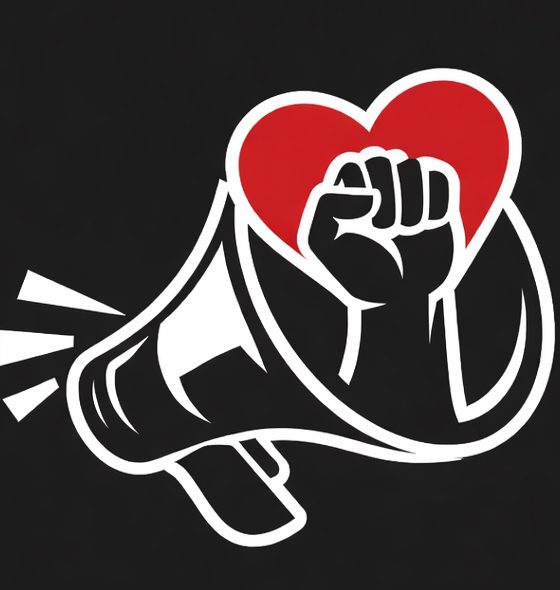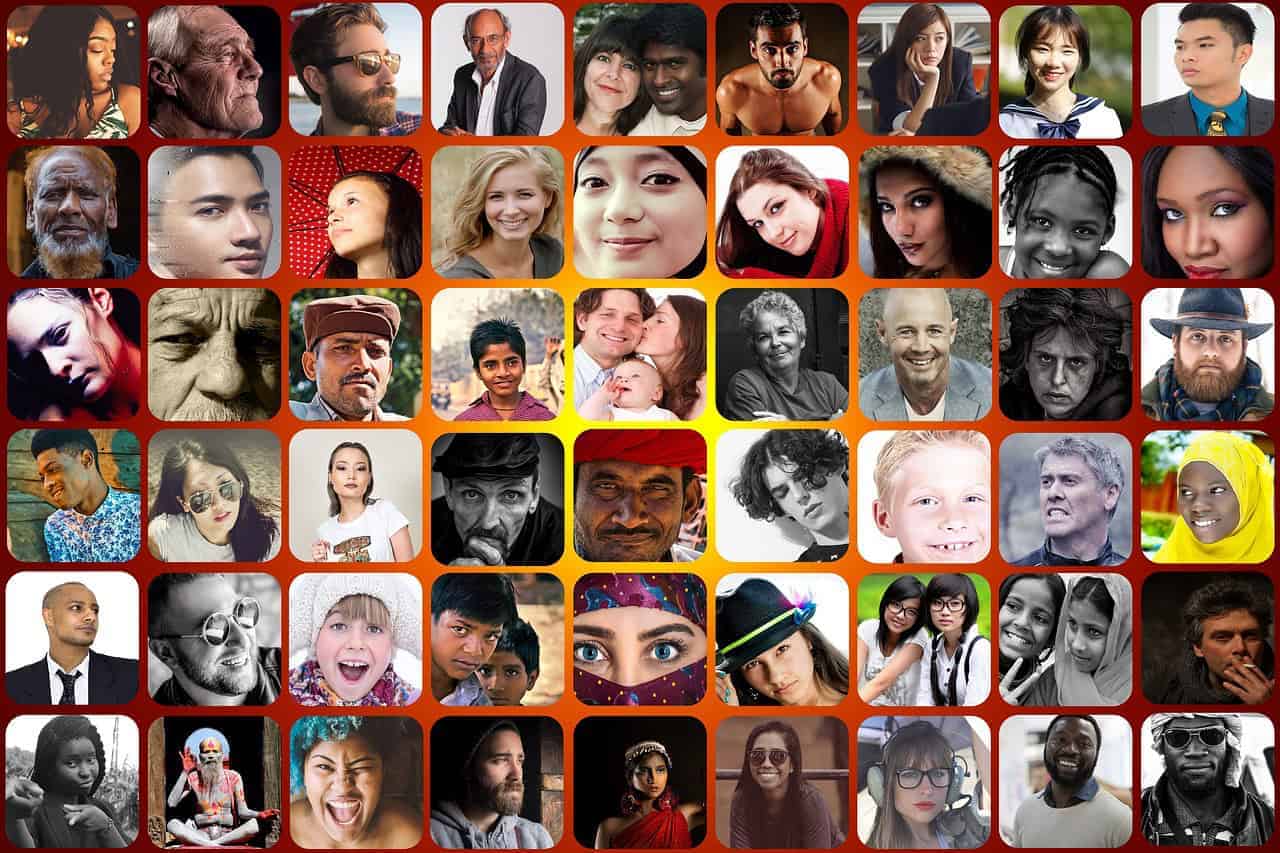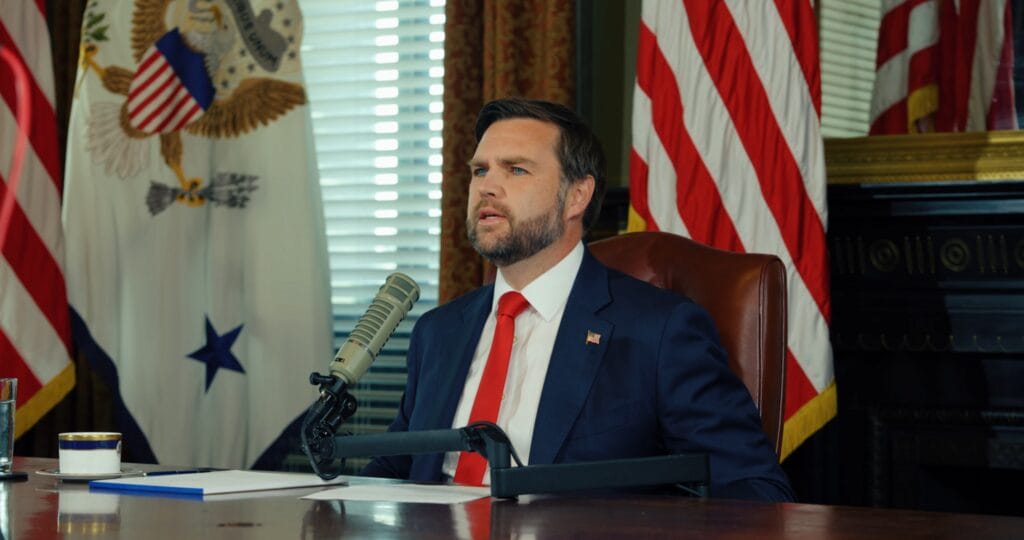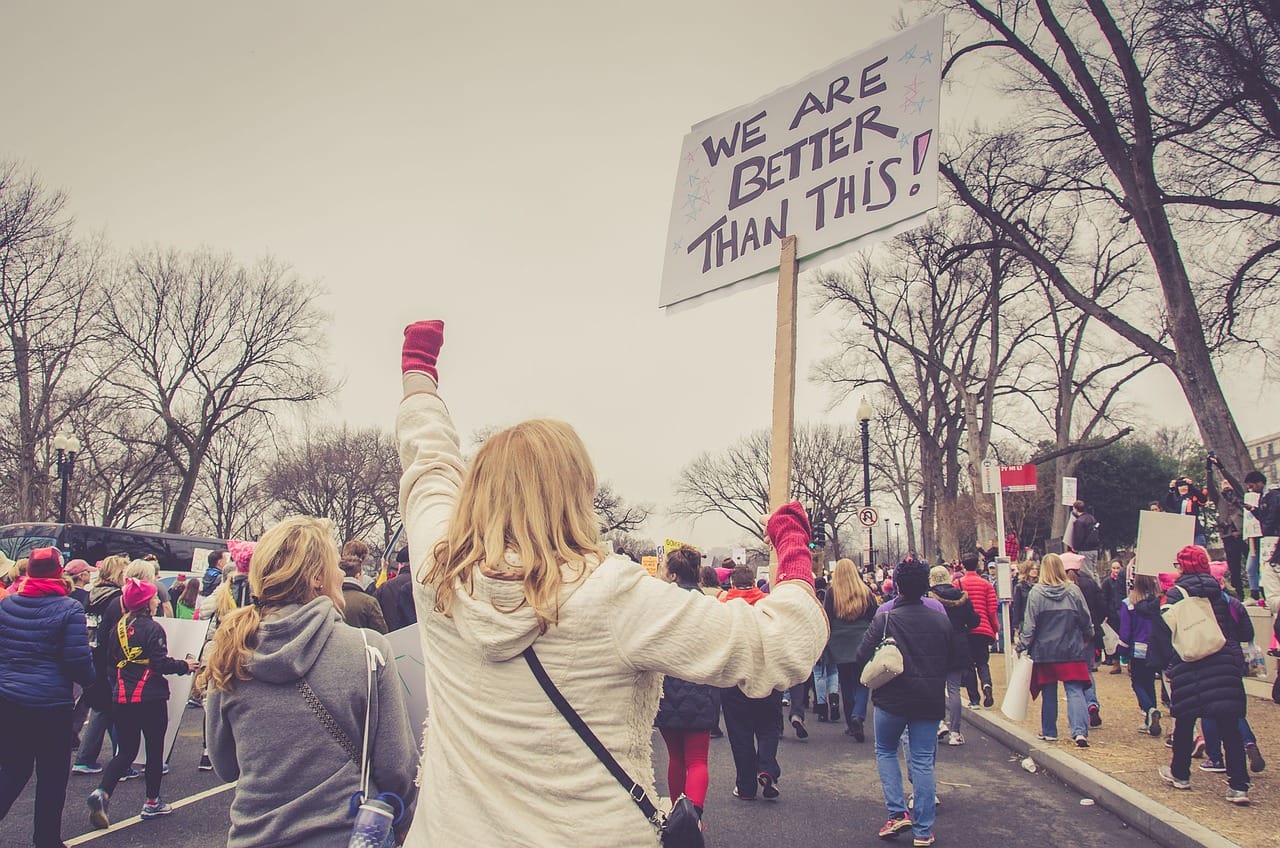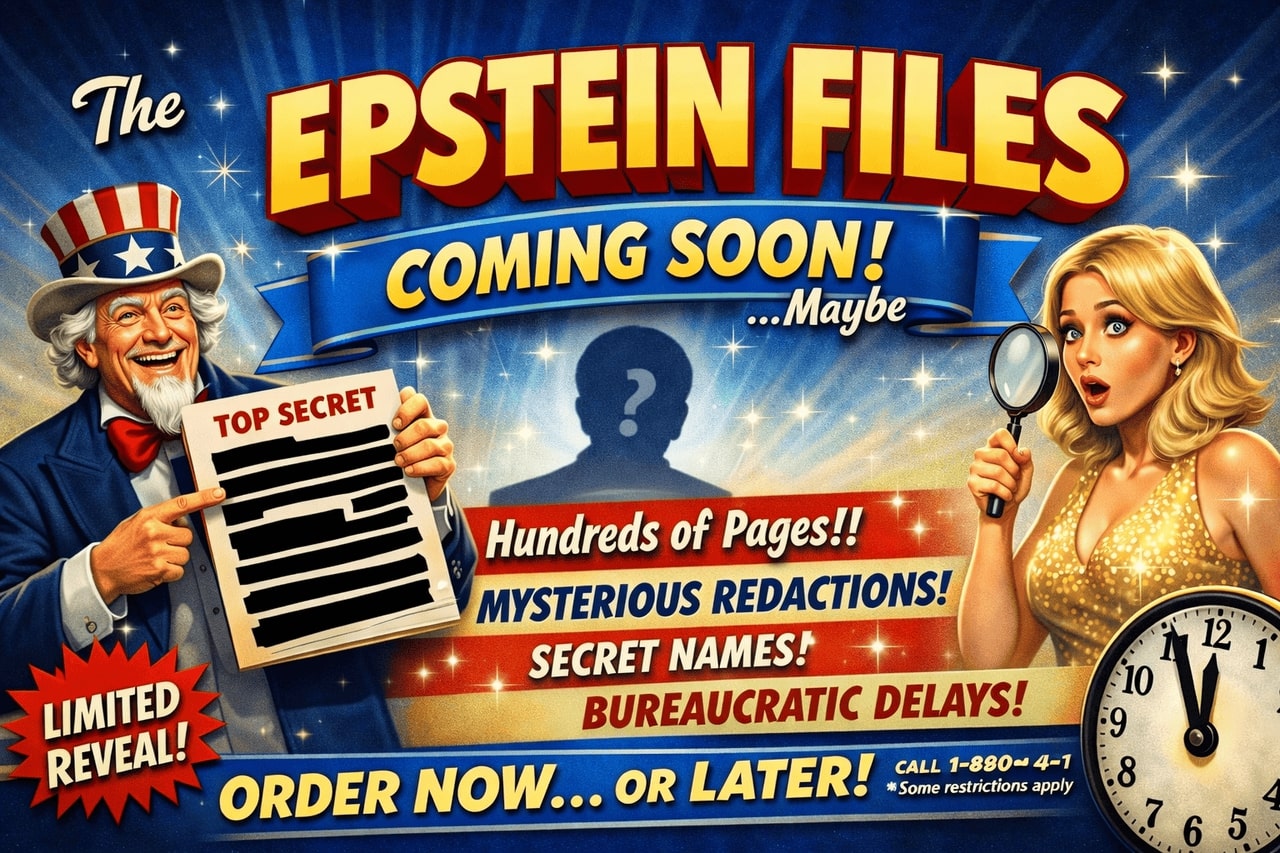Last Updated on September 19, 2025 by Serena Zehlius, Editor
—but memory itself can be a powerful form of resistance.
The fate of democracy hinges not only on laws, policies, and economic structures but on culture itself. Culture has always been political, but today its centrality to the struggle against fascism has never been more evident.
Culture is the terrain on which authoritarianism seeks to erase memory, normalize cruelty, and forge loyal subjects, but it is also the ground from which solidarity, imagination, and resistance can rise.
While it is crucial to acknowledge that controlling public culture is an essential part of the authoritarian playbook, it is also important to acknowledge culture as a form of resistance. As Edward Said observes, “culture is a form of memory against effacement…a way of fighting against extinction and obliteration.”
To ignore culture is to fight with one eye closed; to recognize its power is to confront fascism at its source.
Culture as the Battlefield of Democracy
The struggle over culture and memory are no longer marginal. They have become the primary battlefields where democracy either withers or is reborn. It is space where the habits of citizenship and civic courage are either lost or enriched.
A terrain where memory and cultural politics have become a central force for resistance. At a time when the forces of cultural domination eviscerate memory, critical thinking, moral witnessing and social responsibility, the educational force of culture becomes crucial salvaging the possibilities for action against those who parade in hate, racism, and evoke the mobilizing passions of fascism.
Democracy needs informed citizens and this poses a challenge that is as deeply pedagogical as it is political. As Antonio Gramsci warned in Selections from Prison Notebooks, all politics is pedagogical: power is never sustained by coercion alone but by teaching people how to see, feel, and interpret the world.
The rise of fascism in our time is inseparable from its cultural work, the spectacles of cruelty, the rewriting of history, the evisceration of remembering, the manipulation of language, and the capture of technologies of memory.
Fascism today announces itself not only in jackboots and decrees but also in memes, viral videos, algorithmic feeds, and cultural spectacles that turn repression into entertainment. Globally, culture increasingly shaped by what Ariella Aisha Azoulay calls “imperial technologies.”
The death of memory is never accidental. It is a project, carefully cultivated by authoritarian regimes intent on erasing the past to control the present. Today, the United States under Donald Trump and Canada under emboldened right-wing movements are witnessing a dangerous convergence: the censorship of history, the banning of books, and the systematic assault on democratic memory. The renowned historian Timothy Snyder is right in stating that the war on history is a war on democracy.
Trump’s Assaut on the Smithsonian
Trump’s war on memory finds one of its starkest expressions in his assault on the Smithsonian. This is not merely an attack on a museum but on the nation’s premier cultural institution, entrusted with preserving the tangled, plural histories of America.
Under Trump’s whitewashing campaign —what Chauncey DeVega in Salon rightly names a “White racial erasure project”—the Smithsonian itself becomes a battlefield. What is at stake is not just exhibits or archives, but the very right to remember. To seize the Smithsonian is to dictate who belongs in the American story, whose struggles are erased, and whose voices are condemned to silence.
Trump’s directives have already demanded the removal of references to African American, Indigenous, immigrant, LGBTQ, and women’s contributions from exhibits and archives. Federal funding is being tied to the sanitization of history, ensuring that the legacies of white supremacyremain untarnished and unchallenged.
Even the Pentagon has been ordered to erase the names of Black and nonwhite veterans from its records. This is not history; it is historical cleansing, a pedagogy of repression designed to train the public in ignorance.
Under Trump, such expulsion is being codified into law and pedagogy. Schools are pressured to abandon critical race theory and gender studies. Books that challenge racial myths are banned. Public broadcasting is gutted. Confederate monuments are restored.
Canada’s Authoritarian Drift
Yet this assault on historical memory is not confined to the United States. Canada, long imagined as a progressive refuge, now faces its own authoritarian drift. In Alberta, parents’ rights groups, backed by conservative politicians, are driving a new wave of censorship.
As The Guardian reports, school boards are banning books that discuss gender, race, and sexuality, labeling them “indoctrination.” Libraries are under pressure to pull works that make visible the lives of marginalized communities.
The language of protection, shielding children from so-called dangerous ideas, has become the cover for erasing the complexity of democratic life.
The Alberta bans echo a growing trend across North America: the weaponization of parental rights to silence dissenting histories. In reality, these efforts do not protect children. They deprive them of the tools to think critically, empathize across differences, and imagine a more just future.
They prepare the ground for authoritarian subjects who equate obedience with virtue and ignorance with safety. Moreover, like their counterparts in the U.S., they believe that schools are places of liberal indoctrination, places where democratic values are taught.
The danger is that Canadians, comforted by myths of tolerance, may dismiss these bans as isolated skirmishes. They are not. They are warnings. Once book banning takes root, it spreads quickly, feeding on fear and resentment.
What begins as the removal of a few titles becomes the wholesale cleansing of libraries, curricula, and public institutions. Trump’s America provides the cautionary tale: the assault on the Smithsonian is only the most visible symptom of a larger war to erase democracy’s memory.
Why Memory Is Democracy’s Lifeline
The stakes could not be higher. To forget is to surrender. Without memory, there can be no accountability for slavery, residential schools, Jim Crow, the Holocaust, colonial dispossession.
Without memory, solidarity collapses, and authoritarians recast history as a myth of racial purity and national greatness. The death of memory is the death of democracy.
The fight back begins with refusing erasure disguised as education. Libraries, museums, and schools must be defended as democratic spaces. Teachers, students, parents, and citizens must insist that young people inherit the full breadth of history, literature, and culture.
Memory must be reclaimed as democratic resistance, a counter-pedagogy to fascism’s culture of amnesia.
The time to act is now. Silence will not shield us. Memory must be defended not as nostalgia but as the ground of justice. The choice is stark: resist the war on memory or accept a world where history is not only forgotten but forbidden.
FOLLOW US
Website
Facebook
Bluesky
Twitter
This video is part of a series of progressive politics and progressive media video produced by the LA Progressive. Subscribe to our channel if you want to know more about progressive politics.
